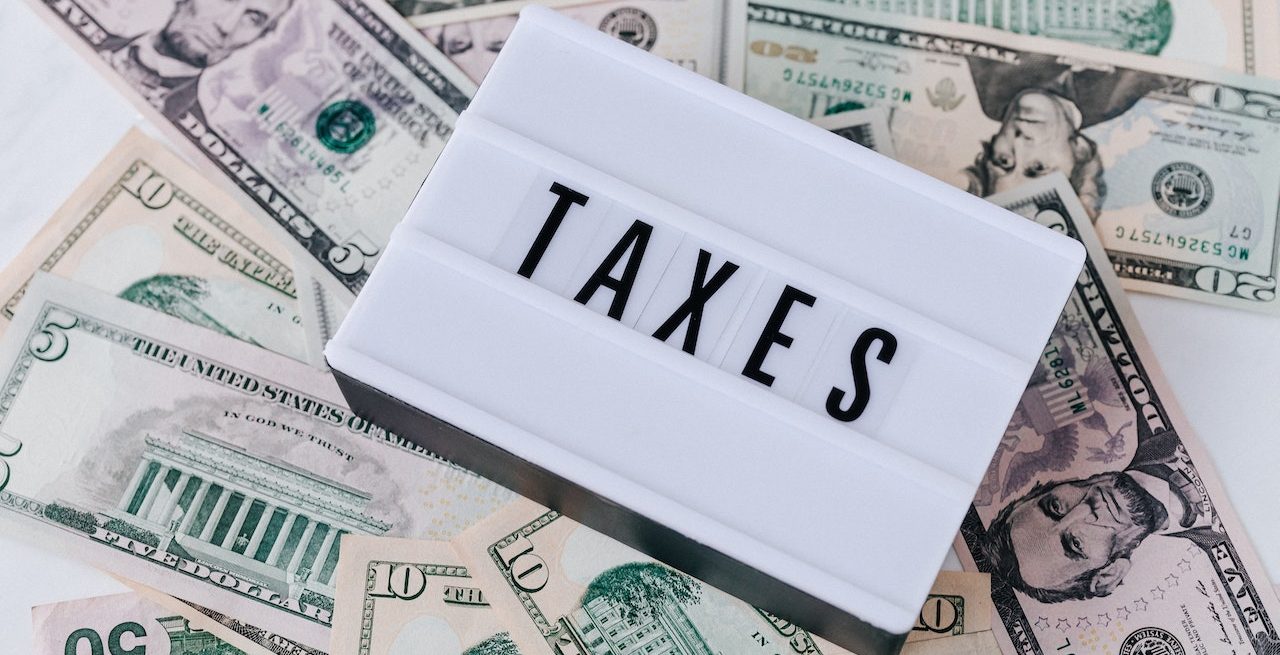Fiscal Flavor: Where Tax Credits and Incentives Add Zest to Every Bite
4 Min Read By Laurence Sotsky
As a restaurant owner, managing your finances effectively is crucial for the success and growth of your business. One area that can significantly impact your bottom line is understanding and utilizing tax credits and incentives available to restaurant owners. These incentives can help reduce your tax liability, increase cash flow, and promote business expansion. Based on the National Restaurant Association report, it is estimated that the foodservice industry is forecast to reach $997B in sales in 2023 and the workforce is projected to grow by 500,000 jobs, for total industry employment of 15.5M by the end of 2023 and surpassing pre-pandemic levels.* Businesses can help meet the needs of their surrounding communities by taking advantage of many government-sponsored incentives that are available to them. These programs allow businesses to put money back into their budget, and in doing so, help their community grow and prosper by creating jobs and revenue.
FICA Tip
The FICA Tax Tip Credit is a federal tax credit available to businesses that have employees who receive tips. If you operate in the food and beverage industry, this credit could reduce your tax liability, and be a game-changer for your business. It allows you to receive a credit on a portion of the Social Security and Medicare taxes that you pay on behalf of your employees who receive tips, up to a maximum of 7.65% of their tips.
To qualify for the FICA Tax Tip Credit, a business must meet several criteria:
- Your business must have employees who receive tips
- As an employer, you must have paid Social Security and Medicare taxes on those tips
- The tips must be reported to you by your employees
- The credit may only be applied to tips that exceed the amount that brings the employee’s wage up to the federal minimum wage, which is set at $5.15
Tips are an attractive income enhancement for many employees in the food and beverage industry, and the FICA Tax Tip Credit can be a significant tax savings for businesses that retain employees who earn tips. By providing an incentive to employers for having tip earning positions on their payroll, the credit helps businesses create job opportunities and put income back into the community.
Work Opportunity Tax Credit (WOTC)
The Work Opportunity Tax Credit (WOTC) is another tax credit that helps businesses and the communities they serve. The credit is available to businesses that hire employees from certain targeted groups who face barriers to employment, such as veterans, ex-felons, and individuals who receive government assistance.
The credit is equal to a percentage of the wages paid to the employee during the first year of employment, up to a maximum of $9,600 per employee. The percentage of the credit varies depending on the targeted group the employee belongs to.
To qualify for the WOTC, the employee must meet the following criteria:
- They must be a member of a targeted group
- They must work at least 120 hours for the employer
- The employer must submit additional forms to the state workforce agency within 28 days of the employee’s start date
The WOTC can be a win-win for employers and employees. Employers can save money on their taxes while providing job opportunities to individuals from the surrounding community who may have difficulty finding employment.
Employee Retention Tax Credit
The ERC is a special program created by the federal government in response to the COVID-19 pandemic and the economic hardship that it caused. The program was included in the Coronavirus Aid, Relief, and Economic Security Act (CARES Act), which was passed in March 2020, to incentivize employers to keep their enabled adjusted employment tax return within the deadlines. To receive the ERC for wages paid in 2020 and 2021, they have until 2024 and 2025, respectively, to file their amended returns.
Eligible businesses stand to benefit from tens and even hundreds of thousands of dollars in tax incentives from the ERC. Many have taken advantage. The IRS reports it has processed employers’ claims for this credit totaling $10.5 billion in the second, third, and fourth quarters of 2020 and $7.9 billion in the first quarter of 2021.
Research and Development (R&D) Tax Credit
The R&D tax credit is often overlooked by restaurant owners, but it can be a substantial source of savings. While typically associated with industries such as technology or manufacturing, the R&D tax credit can also apply to restaurants engaged in activities like menu development, recipe experimentation, and process improvement. C&I technology and advisors can determine if your restaurant qualifies for this credit and to ensure you are capturing all eligible expenses.
Energy-Efficient Tax Credits
Many local and federal programs offer tax credits to businesses that make energy-efficient upgrades to their facilities. As restaurants consume significant amounts of energy, investing in energy-efficient lighting, HVAC systems, or appliances can lead to substantial savings. Explore available tax credits and incentives in your region and consider energy-saving initiatives to reduce costs and contribute to sustainability efforts.
Empowerment Zone Tax Incentives
If your restaurant is located in an empowerment zone, you may be eligible for tax incentives designed to stimulate economic growth and job creation in designated areas. These incentives can include tax-exempt bond financing, wage credits, and accelerated depreciation deductions. Research the specific requirements and benefits of the empowerment zone program in your area to maximize the available tax advantages.
State and Local Tax Incentives
In addition to federal programs, many states and localities offer their own tax credits and incentives to promote business growth. These incentives can vary widely, including property tax abatements, sales tax exemptions, or grants for expansion or job creation. Stay informed about the programs offered in your jurisdiction and consult with a tax professional to take full advantage of any available benefits.
As a restaurant owner, it is crucial to explore and leverage tax credits and incentives to optimize your financial position. By being proactive and knowledgeable about the available opportunities, you can reduce your tax liability, improve cash flow, and support the growth of your business. Remember, maximizing your tax savings means more resources to invest in providing exceptional dining experiences to your customers and securing a prosperous future for your restaurant.


